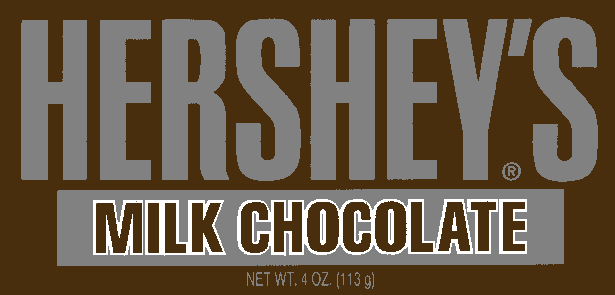History affects Chocolate: Spread and Innovation
Introduction Chemical Composition History affects Chocolate: Spread and Innovation Chocolate Affects History: Economics Chocolate Affects History: Health Benefits Chocolate Affects History: Pop Culture
The history of chocolate begins in Central America where the cocoa bean originates. It was first written about by the Mayas in 500 A.D. It was prepared mixed with chiles, vanilla and pimento as a drink called xocoatl for royalty in the Aztec culture: Montezuma allegedly drank it up to 50 times a day.

Chocolate would probably not have spread past Central America if Cortez and his conquistadores hadn’t brought it back to Spain after their conquest of Tenochtitlan. Later it was mixed with sugar instead of chiles and its popularity exploded in Europe. Cacao is now cultivated as a cash crop in many different regions of the world including Central and South America and most of all, Western Africa.
The high demand for chocolate led to innovations in the 1800’s. Dutchman Coenraad Johannes van Houten made cocoa powder and cocoa butter in 1828. The Cadbury brothers made one of the first eatable chocolates in 1849. David Peter, a Swiss candle maker, invented milk chocolate in 1867 with the help of his neighbor, a baby-food manufacturer Henri Nestle. To this day, chocolate quality and innovation is associated with these names and nationalities. More chocolate innovations were caused by the competition between the two leading American chocolate companies, Hershey and Mars.


Tags: Chocolate (Theobromine)






